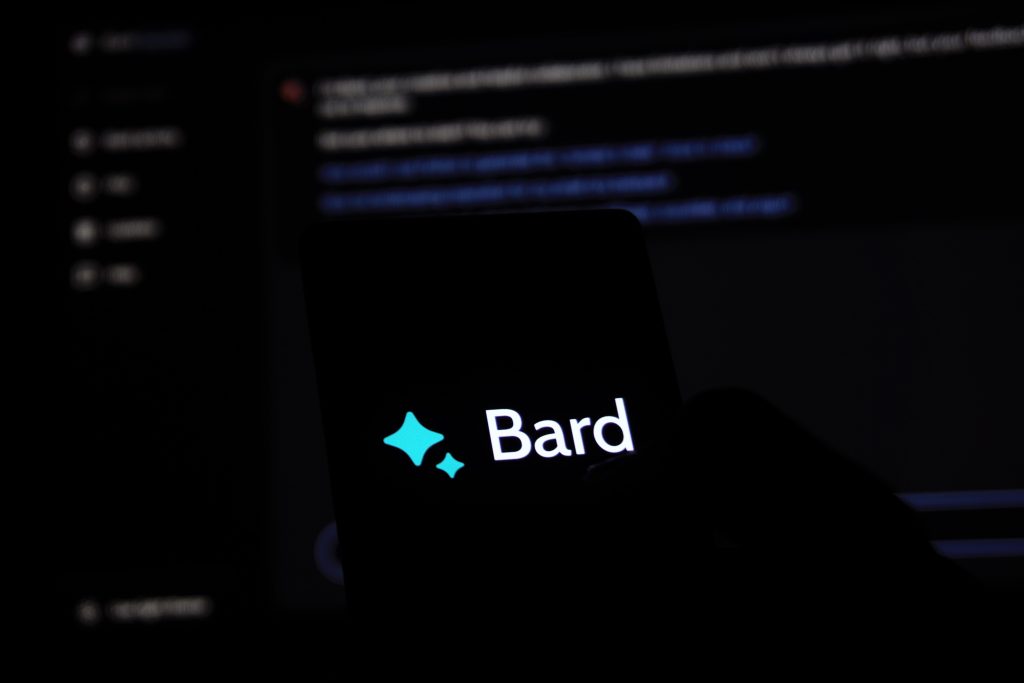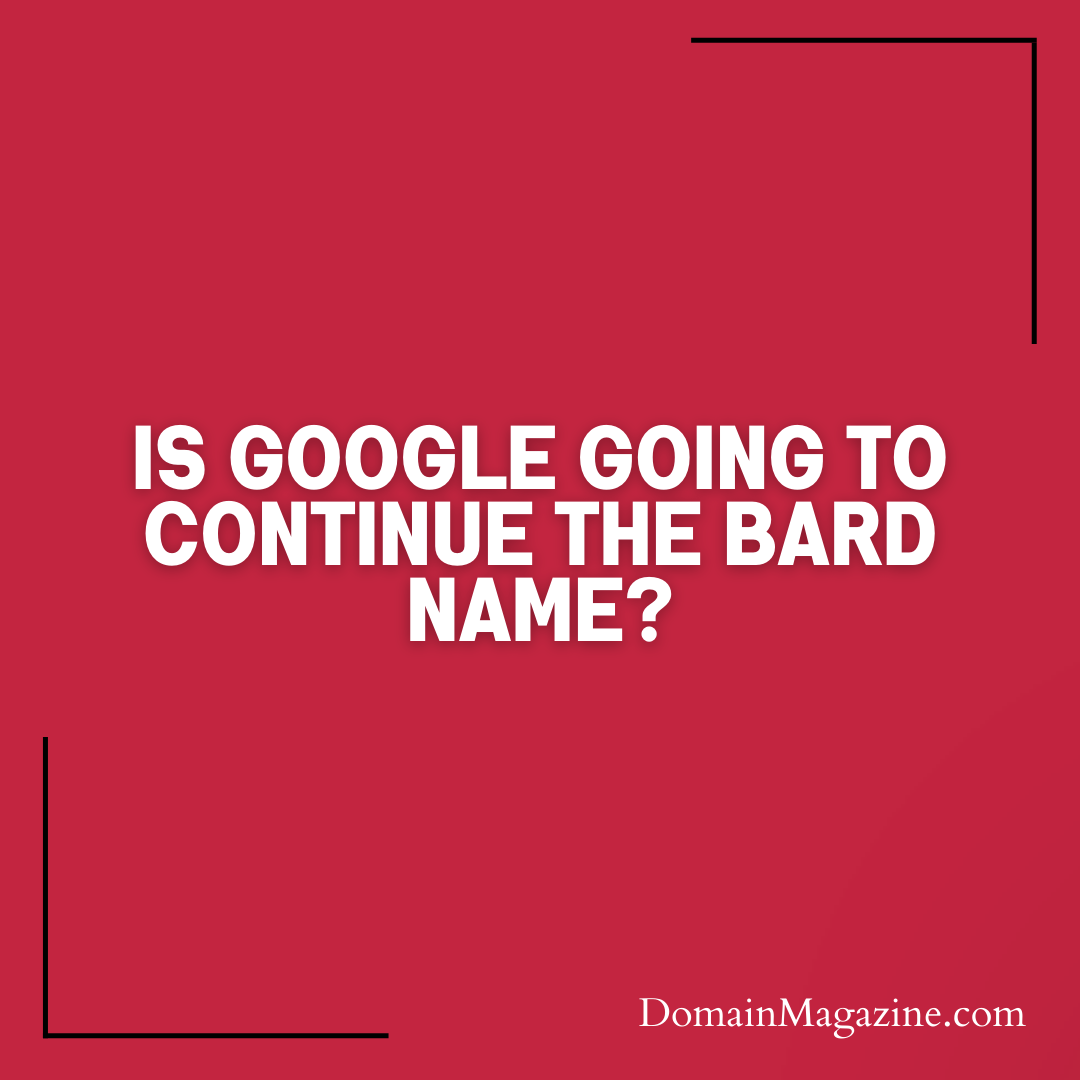Google’s recent introduction of “Assistant with Bard” has sparked quite a debate in the tech world. Many users, including myself, initially thought that the “early experiment” tag applied not only to the generative AI nature of the product but also to its name, implying that it might change upon graduation. However, recent developments suggest that “Bard” might be here to stay.
Let’s take a closer look at why Google’s decision to retain the name “Bard” is generating mixed opinions.

The Bard Name Dilemma:
At first glance, “Bard” is a decent name, but it may not be the best fit for its purpose. Traditionally, bards are storytellers, and the word is not commonly used in everyday language. This raises questions about whether it accurately represents the product’s utility. After all, most of us use “Bard” as a tool, rather than thinking of it as a collaborator in the storytelling process. In contrast, “Duet AI” in the Workspace realm aligns more effectively with its collaborative nature.
Google’s typical product naming convention is usually centered around the main function of the product, and “Bard” seems to deviate from this pattern.
Distinguishing Bard from the Google Search Generative Experience (SGE):
As users delve into “Bard,” they begin to notice a distinction between it and the Google Search Generative Experience (SGE). SGE is primarily informational, serving as a tool for web searches. On the other hand, “Bard” takes on the role of a versatile utility. This distinction suggests that Google might continue maintaining both products, each serving different use cases.
Interestingly, Google recently updated SGE to include text and image generation, which many thought would remain within the domain of “Bard.” This raises questions about the long-term differentiation between the two products.
Possible Renaming Solutions:
One of the more straightforward naming suggestions could be “Google Chat.” Considering the impending overhaul of the Workspace-first Slack/Teams app, a more formal name like “Chat” might be a fitting choice, given its professional context. Even “Google Talk” could be more suitable for the enterprise nature of the product.
Another intriguing possibility could be rebranding “Bard” as “Assistant.” This change would align with the product’s utility and could make it clearer for users. Using the same ‘g’ logo that resembles a chatbot character might add an extra touch of familiarity.
The “With Bard” Conundrum:
The addition of “with Bard” to the Assistant name seems a bit clunky, especially considering Google’s efforts to position this as a solution to address user complaints about the current stagnation of the Assistant. It’s reasonable to assume that this “with Bard” tag will eventually disappear a year or two after launch, as it doesn’t quite roll off the tongue and is unlikely to gain traction.
The New Google Assistant and Its Exclusivity:
It’s worth noting that Google’s decision to keep the new Assistant exclusive to Pixel devices has raised eyebrows. When it was first introduced, many expected it to have a clear roadmap for broader availability as a voice assistant with enhanced capabilities.
In conclusion, the fate of the “Bard” name remains uncertain, but the product’s performance suggests it might stick around. However, Google’s penchant for innovation and adaptability means that we can’t rule out a name change in the future. For now, the addition of “with Bard” seems temporary, and it will be interesting to see how Google evolves this intriguing offering.
Stay tuned for more updates on this “Bard” of a naming debate.


Join the Discussion